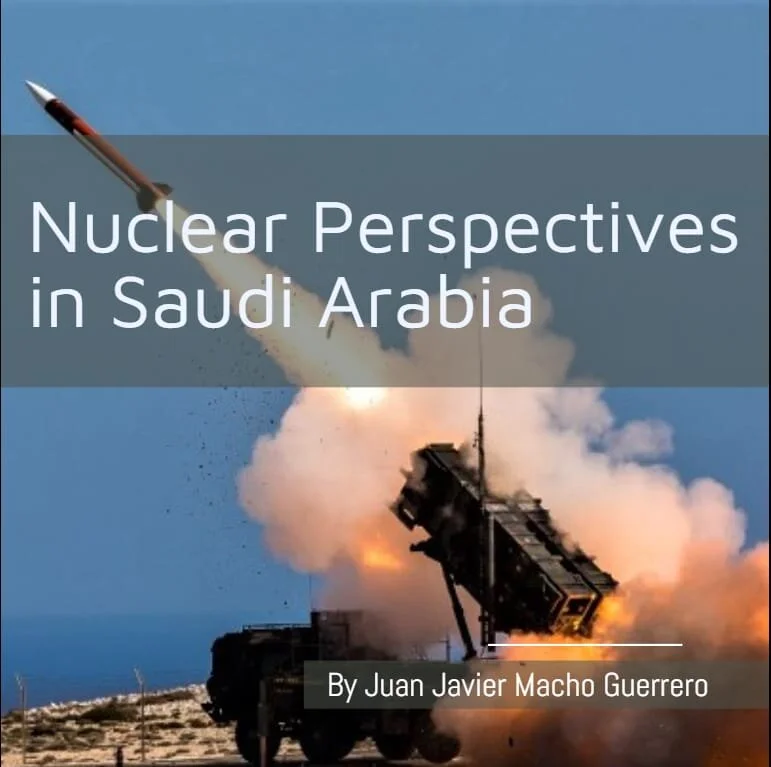December 2nd, 2020
The COVID-19 pandemic has become the focal point of world affairs and relegated other pressing matters to the background. One item that has not gained the attention it deserves is the decision of the U.S. government to revise their anti-personnel landmine (APL) policy. On the 31st of January 2020, the U.S. Secretary of Defense announced the withdrawal from Barack Obama’s Presidential Policy Directive 37 (PPD-37), which had largely prohibited the usage, production, stockpiling, and transfer of APLs outside of the Korean peninsula. In this article I will express strong reservations towards this policy shift, arguing that the Trump administration has made a short-sighted and unnecessary decision which will have dangerous repercussions.
By Chiara Artico
May 29th, 2020
Recent allegations of Kim Jong Un’s death have triggered old questions regarding succession within the Kim dynasty and sparked new controversies regarding North Korea’s approach to nuclear weapons. However, these issues have been raised in the middle of a global crisis, namely the COVID-19 pandemic. This article will move the focus from North Korean nuclear weapons to biological weapons capabilities, after introducing the present situation of the country, and will assess its potential for production and use of those weapons.
By Arthur Nobili
May 27th, 2020
Disarmament is not a straightforward process. It not only serves to decrease the world’s number of weapons, but also to monitor the use of existing ones. It constitutes a challenge, as national interests, lobbyists, and ethics sometimes clash with one another. Although France and other states express their willingness to contribute to world-wide disarmament, the data shows another story.
By Steven Mulholland
May 20th, 2020
The testing of India and Pakistan’s nuclear capabilities in May 1998 marked the beginning of a period of nuclearisation and proliferation in South Asia. This is an ongoing process as seen with India’s completion of the Nuclear Triad in 2018, allowing for nuclear deterrence by land, air and sea, as well as Pakistan’s growing development of tactical nuclear weapons which can be deployed on the battlefield. The consolidation of the two states’ nuclear arsenals is significant due to the addition of nuclear capabilities in states which are currently involved in a protracted conflict, having engaged in four large scale military conflicts since partition and independence in 1947. The consolidation of nuclear weapons and continued hostilities in the region presents two key questions that must be considered. How has nuclearisation been used in relation to the protracted conflict and more importantly, has nuclearisation in India and Pakistan effectively created regional stability or further injected instability to the regional conflict?
May 14th, 2020
A decade ago, malware Stuxnet took over the control system for uranium enrichment in Iran and caused hardware to malfunction. A virtual entity caused damage in the material world and demonstrated that futuristic cyber weapons are real. This was not, however, the first case when critical infrastructure (CI) was physically destroyed in a cyber attack. More importantly, the attack did not result in human casualties, so the damage was not enough to politically trigger cyber arms control. Even today, after 10 years of accelerating development and innovation, cyber arms exist — while cyber disarmament does not.
May 6th, 2020
From 1939 to 1945, the Third Reich astonished Europe with its Blitzkrieg on all battlefronts. Its military efficiency has since then been a leitmotiv of history studies. This has been traditionally attributed to its technological superiority and optimisation, as well as its innovative strategies. However, there is one more trick to consider: performance-enhancing drugs. This article will address how drugs played a pervasive role in the success and failure of Nazi Germany, from the breakthroughs in Poland to the defeat of the regime.
“Iranian President Hassan Rouhani announced that Iran will begin to reduce its compliance with the Joint Comprehensive Plan of Action (JCPOA) if the remaining members observing the deal fail to ease the weight of U.S. sanctions. European efforts to circumvent U.S. sanctions have thus far rendered insufficient results due to the overwhelming economic pressure of the U.S. measures. Europe’s apparent rejection of the withdrawal suggests that the European members are not convinced that Iran will follow-through with its threatened action. Iran’s tensions with the U.S., however, will ostensibly continue to escalate. In early May, U.S. officials sent an aircraft carrier to the Persian Gulf region to deter Tehran from taking aggressive action against U.S. interests abroad. Iran’s Revolutionary Guards (IRGC) have also been identified as having facilitated attacks that damaged four tankers belonging to Saudi Arabia and the United Arab Emirates on May 12th, 2019. Tensions will continue to amplify as pressure from U.S. sanctions leaves Iran with minimal economic recourse to salvage its energy markets until both states can find a resolution.“
On 7th July 2017, 122 nations passed the Treaty on the Prohibition of Nuclear Weapons (TPNW) through a United Nations mandate. All Nuclear Weapons States (NWS) and the states under their protection boycotted the debate except for The Netherlands: they attended all the negotiations and then voted against the treaty.



















India’s development of a ballistic missile system is threatening the credibility of Pakistan’s nuclear deterrent. To regain its credibility, Pakistan is improving its nuclear arsenal, quantitatively and qualitatively, which might lead to an arms race. Additionally, a more developed Indian BMD system would incentivise both India and Pakistan to conduct a nuclear first strike during a conflict.